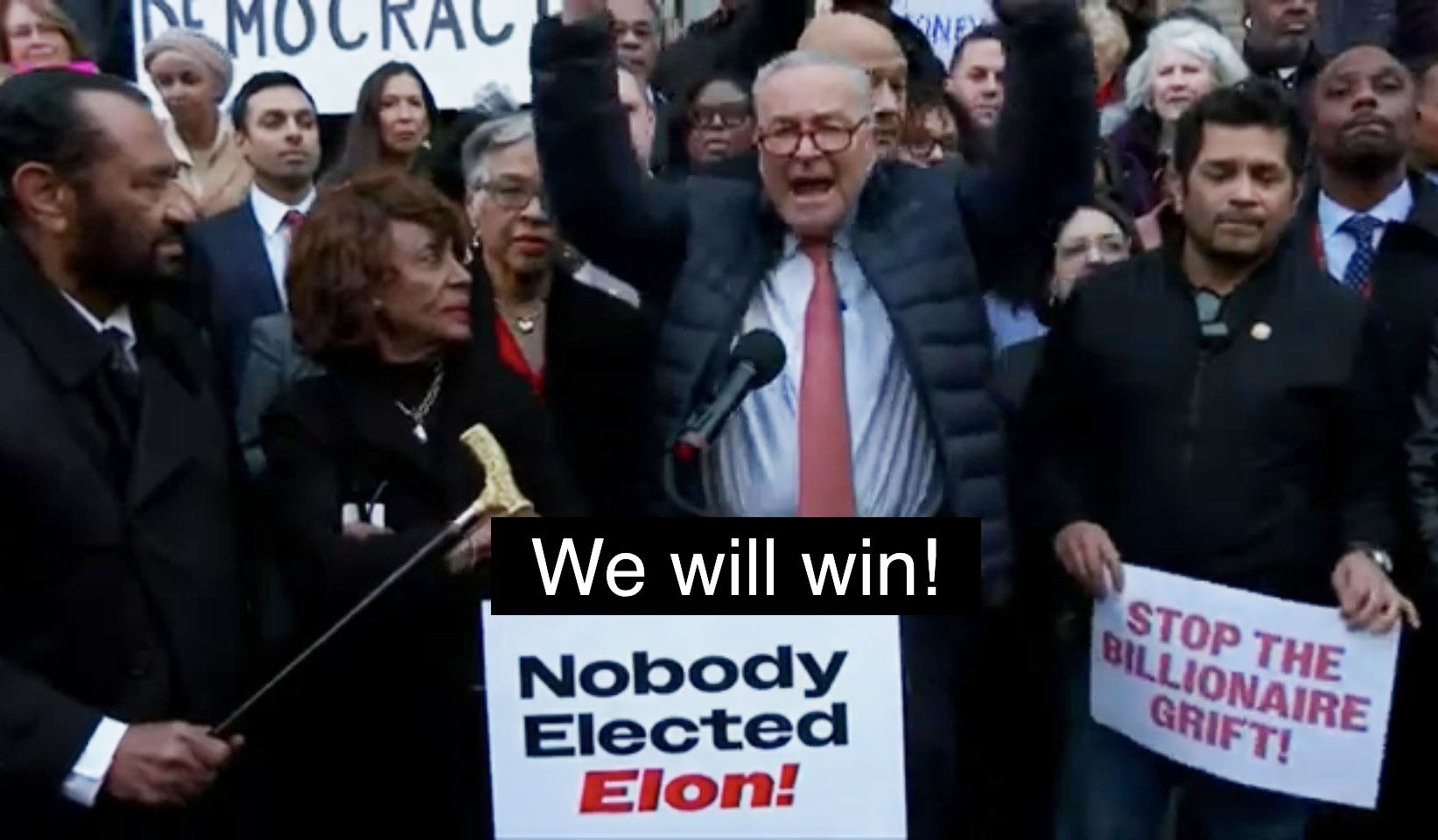Plastic Pandemonium
By: Tegan Mazurek
-Staff Writer-
Mr. McGuire, from the 1960’s movie The Graduate, had the right idea when he told young Ben there was a great future in plastics. In the 150 years since plastics have been around, humans have morphed it into a petroleum-based wonder material. Incredibly useful, pliable and convenient, it is easy to see why the world has become addicted to it. Plastic bags in particular have been a heavily used tool for everyday life. Used in nearly every industry, it is not surprising that the world goes through 500 billion of them in one year. But there is a cost for such a material. Plastic cannot biodegrade and nearly all are thrown away. The discarded plastic bags find their way into the water systems, and eventually into the ocean. Plastic bags in landfills are often burned, releasing the greenhouse gases from the petroleum. Not only do they waste valuable petroleum, but they also threaten our physical and economic health. Unfortunately, plastic bags are found nearly everywhere in most daily situations. This material that we depend on for convience is choking the planet we depend on for life.
Plastic bags take roughly 1,000 years to break down into teeny tiny plastic pellets. Today, there are at least two vortexes that are twice the size of Texas consisting of plastic trash. Most mammals mistake them for jellyfish or other food, causing serious health problems or death. By endangering many key marine species, plastics threaten the overall health of our ocean. In fact, marine life is on the brink of a mass extinction due to the ocean’s poor health.
Small decisions make impactful effects on environmental and social health. Prevention is always more effective than cleanup with any environmental disaster. Choosing to go without a plastic bag or switching to reusable bags save waste and pollution on fragile environments. In fact, some communities have chosen to ban the use of plastic bags altogether. Those communities have gotten a large ball rolling and set an example for the rest of us to follow. By being efficient and economical, the health of the ocean would improve over time. A simple, daily choice made by a whole society could assure there is a great future on our planet.












